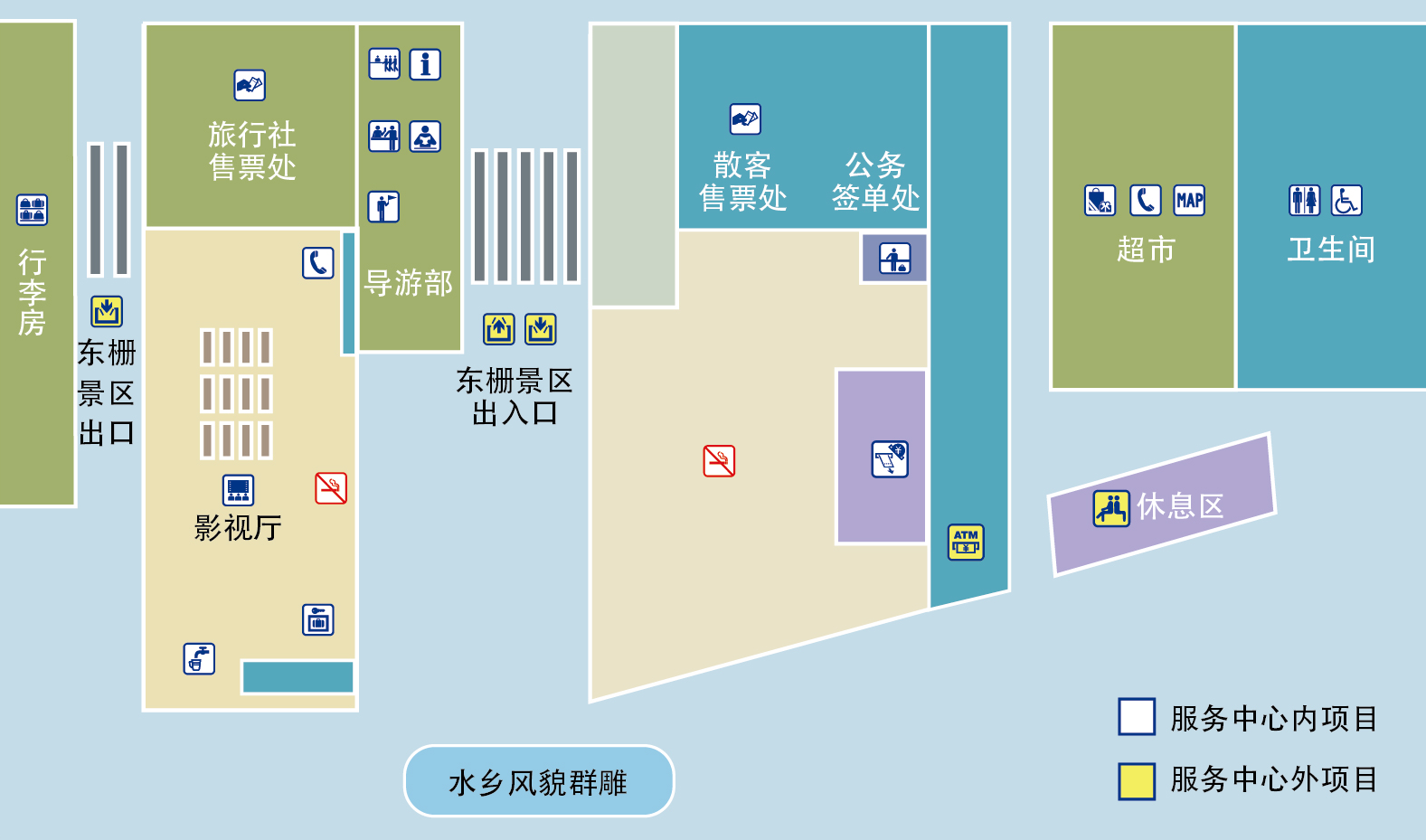

Born in Wuzhen on July 19, 1904, he is the brother-in-law of Mao Dun and a famous writer, publisher and historian of the New Culture Movement. Kong LIngjing was originally named Kong Lingjun, the style name is Ruojun, and Confucius' seventy-sixth generation - "Ling" generation. He went to primary school in Wuzhen, his hometown, went to middle school in Jiaxing, and then went to Shanghai to enter Shanghai University. Under the induction of the times, Kong Lingjing took an active part in political movements and engaged in workers' education after school. He joined the Communist Party of China in early 1925 and was arrested when he took part in the May 30th Movement.
During the Great Revolution, Kong Lingjing went to Guangzhou as an assistant director of the Propaganda Department of the Kuomintang Central Committee, and later joined the Political Department of the National Revolutionary Army General Command, and marched northward with the Northern Expedition Army. When the Kuomintang and the Communist Party split, he was "escorted out".
At the beginning of retreating from the political front to the cultural front, Kong Lingjing went to Nankai Middle School in Tianjin to teach, and then transferred to Hebei Provincial Women's Teachers College. He was arrested for "communist suspicion" and transferred to the Military Justice Department of the Beiping Field Headquarters. Later, Lu Xun asked Xu Shoushang and Tang Erhe to intercede with Zhang Xueliang. After a hundred days of detention, he was released on bail by Li Jiye and Tai Jingnong.
After returning to Shanghai, Kong Lingjing began to engage in professional writing, writing books such as Axe Sound Collection and Autumn Window Collection for Life Bookstore and Zhonghua Bookstore. He assisted Mao Dun in compiling A Day in China, published essays and prose in newspapers and periodicals such as Shun Pao · Freedom of Declaration and Modern, and edited Modern Writers' Letters and Historical Materials of China's Novels, etc. Since 1924, when he published his works, he began to use the pen name of "Lingjing", and later Kong Lingjing became his common name.
In the winter of 1936, Kong Lingjing was the teaching director of Hua Middle School and founded Huaguang Drama College, which had a certain influence on the culture propaganda work of the anti-Japanese war.
In November 1938, Kong Lingjing married his student Jin Yunqin. After the outbreak of the Pacific War, the leased territory was broken and the school was closed. Kong Lingjing and his family went to northern Jiangsu to join the New Fourth Army. After returning to Shanghai, Kong Lingjing was the editor-in-chief of the large-scale Script Series for the World Bookstore. Because of his obvious progressive stance, in May 1945, Kong Youjing was finally arrested by the Japanese gendarmerie and tortured.
After the victory of Anti-Japanese War victory, Kong Lingjing joined the work of the Reform Daily sponsored by the Third Army, edited New Literature and Modern Literature for Dadi Publishing House and Chunming Bookstore and published important articles of Mao Dun and Guo Moruo. In 1948, he joined Jiangwan Middle School to teach.
In 1949, Shanghai was liberated. Kong Lingjing was so excited that he was full of thoughts. Kong Lingjing published articles such as Welcome to the People's Liberation Army, Old Things and New Talks-Missing the Cradle of the Revolution, Shanghai University, and This Day Has Finally Came. In August of the same year, Kong Lingjing went to Beijing to attend the first literary congress and made a special speech at the conference. Later, Kong Lingjing was the principal of Dagong Vocational School, Professor Cheeloo university of Shandong Province, general manager and editor-in-chief of Shanghai Chunming Publishing House, etc. After public-private partnership, he entered Shanghai Culture Publishing House.
In March 1957, Kong Yejing represented the publishing industry to take part in the national propaganda work conference, and then participated in the Shanghai propaganda work conference. After "free airing of views", soon the stage of anti-rightist rectification began. Although Kong Yejing was not designated as a rightist, the cap of "a big rightist who escaped from the net" always followed him, and in all previous movements he was constantly criticized.
In 1959, Kong Lingjing was the editor of Shanghai Literature and Art Publishing House; At the end of 1960, he prepared for the editing office of Shanghai Publishing Literature and served as editor. Since then, his articles have never been published in newspapers and periodicals. In 1963, Kong LIngjing was granted a one-and-a-half-year creative leave, and he was at home and devoted to compiling the History of the May 30th Movement with more than 500,000 characters, which was not published in the end.
Kong Lingjing retired at the age of 60, and although he was idle at home, he still couldn't escape the bad luck of the Cultural Revolution. He suffered from serious diabetes. In July 1968, Kong Lingjing was asked to "talk" by the military control group of the Shanghai Hongkou District Public Security, Procuratorate and the People's Court, which started his fourth prison sentence in his life. After more than 7 months of imprisonment, he developed lobar pneumonia and eventually passed away on September 18, 1972. He was 68 years old.
Kong LIngjing has authored works such as Axe Sound Collection, Autumn Window Collection, Yong Yuan Collection, Cross Eyebrow Set, etc. In 1987, he published My Memory - Selected Prose of Kong LIngjing. His unpublished works include Historical Materials of the May 30th Movement, Chinese Textbook Series of Middle School, Eternal Loyalty and Righteousness, etc.
Keyword:

